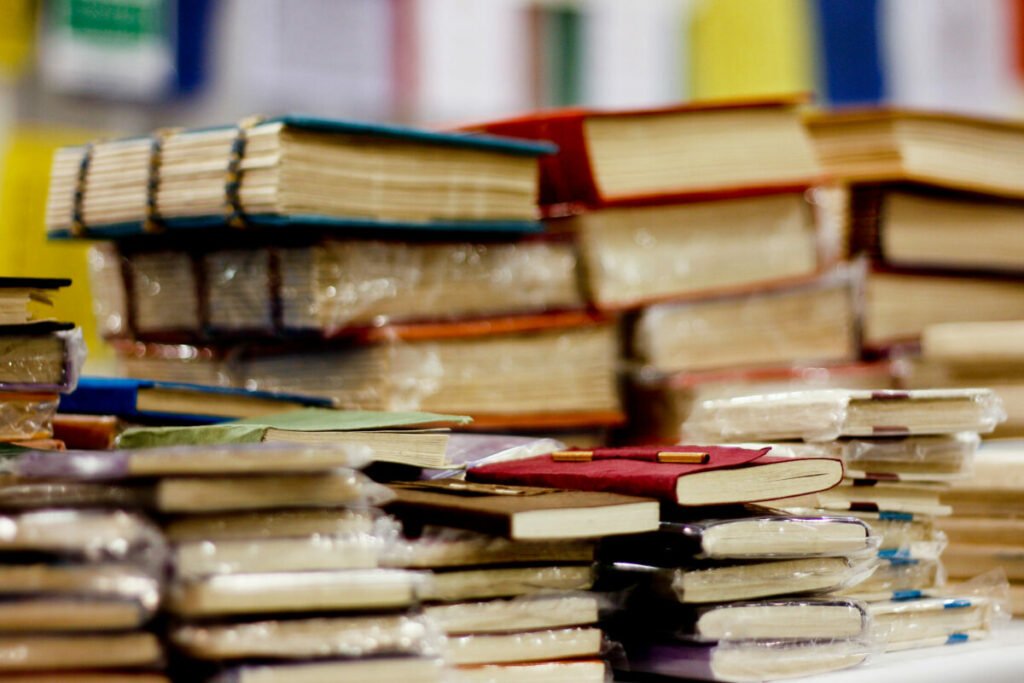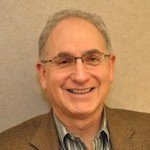I can’t help thinking about what I haven’t read. Every year, I try to read at least one piece of classic literature that I had overlooked, never got around to, or was not included in the curricula of whatever classes I took. The books I should have read. The books every literate person should read. I feel like the woman in that Roy Lichtenstein lithograph sadly proclaiming: “I CAN’T BELIEVE IT. I FORGOT TO HAVE CHILDREN!” Except what I forgot was to read Jane Austen, and so much more. One year, I savored Homer’s Odyssey¸ another year, Dickens’s Oliver Twist, and then Woolf’s To the Lighthouse, and Styron’s The Confessions of Nat Turner and Sophie’s Choice. And this is in addition to the contemporary literature and poetry that I try to keep up with as well as non-fiction, newspapers and magazines.
Few things make me feel as ignorant as hanging around literary types. Now, to many people I know, I might be considered a literary type myself: I read a lot, I write, I participate in poetry and fiction workshops and readings, and I love discussing books as well as whatever I am working on if anyone cares to ask (rare) and, after asking, actually listens to my response (also rare); often, I will get half a sentence in and the erstwhile listener is now attending to a new conversation thread that was just injected into the group.
I do love listening to my literary friends talk about books and authors and literary styles. And friends and acquaintances are forever recommending books to me, and this has become so overwhelming because, instead of just nodding and repeating, “Yeah, yeah, I’ll have to read that,” and forgetting about it, I actually write down their suggestions and now have a list that I access whenever I go into a used bookstore (another one of my obsessive rituals—I now have dozens of unread books piled on the bookshelf and the floor of my study, silently waiting for me, who often hear: “I won’t buy another until I have read all of you,” only to be betrayed . . . again. You’d think they’d have learned by now).
While I try to catch up with the literature of the past, the literature of the present keeps moving forward, like a massive train with an unlimited energy supply: great new novelists, short story writers and poets, scores of online and print literary magazines—mostly publishing high quality material in all genres—as well as more general publications that just print great stuff, and readings and workshops.
The great short story writer Caitlin Horrocks once addressed this issue by saying something like: You can approach reading and writing with an attitude of scarcity (I will never read enough, I will never have enough time to write all I want to write), or abundance (There is so much to read and so much to write that I will never run out of things to read or write about). I guess she was trying to tell us that the latter was the healthier option. So, I try to allow Caitlin’s words penetrate my almost-seventy-year neurosis and enjoy the process, which. I like to think, is happening more and more.
I recently purchased an audiobook of four Jane Austen novels, and I am enjoying the hell out of having Sense and Sensibility read to me in an English accent. There’s nothing like it. And the prose is exquisite. I can hardly believe that I have been deprived of this for so long (and I wish I could write like that, I really do, but I won’t let that interfere with my enjoyment).
In August, I turn seventy, and I will have something be part of me that wasn’t there before: Jane Austen. And with that will also be the knowledge that:
there will always be people who are better read than I am;
there will always be better writers than me;
I will never write my best possible work;
I will never be able to put all my ideas on paper;
I will never be able to read everything I think is important to read.
. . . And these are good things.


Share this post with your friends.

